| Der Privateisenbahnwaggon
Paul Kruger (born Andries
Pretorius on October 10,
1825 – July 14, 1904)
was one of the most prominent and influential figures in South African
history, particularly in the late 19th century. He is most famously
known for being the President of
the South African Republic (commonly known as the Transvaal), a
role he held during the Second
Anglo-Boer War (1899–1902).
Key Facts about
Paul Kruger:
-
Early Life:
- Born in the
Cape Colony
(now part of South Africa), Kruger was the son of
Dutch-speaking
farmers who were among the early settlers in South Africa, known
as Voortrekkers.
- He spent much of his early
life in the Cape Colony
but moved to the interior of the country with the
Great Trek in
the 1830s, a movement where Dutch-speaking settlers sought
independence from British colonial rule.
-
Military Career:
- Kruger played a significant
role in the Voortrekker
movement, which was primarily about establishing independent
Dutch-speaking republics away from British colonial control.
- He became a
military leader
during the First
Anglo-Boer War (1880–1881), when the Boers
(Dutch-descended South Africans) fought against the British
Empire and achieved a surprising victory at the
Battle of Majuba Hill.
-
Political Career and
Leadership:
- After the Boer victory in
the First Anglo-Boer
War, Kruger rose to political prominence, eventually
becoming the President
of the South African Republic (Transvaal) in 1883.
- He served as
President
from 1883 to 1900,
with a significant influence in both local and international
affairs, representing the Boer republic against the increasing
colonial ambitions of the British Empire.
-
Role in the Second
Anglo-Boer War (1899-1902):
- Kruger’s presidency was
marked by rising tensions between the Boer republics (Transvaal
and the Orange Free
State) and the British Empire, particularly over the
rights of British
settlers (Uitlanders) in the Transvaal.
- The
Second Anglo-Boer War
was sparked in part by the British demand for more political and
economic control over the Boer republics. Under Kruger’s
leadership, the Boer forces put up a determined resistance
against the much larger British army.
- Kruger’s leadership was
crucial during the war, but by 1900, due to the overwhelming
British military power, the
Boer republics were
defeated.
- As the British captured
Pretoria in 1900, Kruger fled to
exile in
Europe,
spending the final years of his life in
Switzerland.
-
Legacy and Impact:
-
Paul Kruger’s
presidency was central to the history of the
Boer Republic
and the Boer
resistance against British imperialism. His leadership
and the war he led have made him a symbol of
Boer nationalism
and pride.
- However, his legacy is
complicated. While he is revered by many as a patriot and
national hero, his stance on
racial segregation
and the treatment of indigenous Africans has led to criticism.
- He was known for enforcing
policies that severely restricted the rights of black South
Africans and Africans
who were not Dutch-descended.
-
Later Years and Death:
- After the Boer defeat in
1902, Kruger went into exile in
Europe, where
he lived in
Switzerland for the rest of his life.
- He died in
1904 in
Clarens,
Switzerland, and his body was later brought back to South
Africa, where it was buried in
Pretoria in
1905, near the
Voortrekker Monument.
-
Paul Kruger and South
African Monuments:
- In
South Africa,
Kruger’s memory is preserved in several places, including the
Kruger National Park
(named after him), which is one of the largest game reserves in
South Africa.
-
The Paul Kruger statue
at Church Square
in Pretoria is another prominent tribute, though it has sparked
debate over its symbolism in post-apartheid South Africa.
- Kruger is also honored
with the Kruger Museum,
housed in his former residence in Pretoria, which showcases his
life and legacy.
-
Controversies and
Criticism:
- Kruger’s policies
regarding racial
segregation and his stance toward
African workers
in the Transvaal (who were denied political rights) are a
significant part of his controversial legacy.
- While revered by Boers for
his role in resisting British colonialism, his legacy in
post-apartheid South Africa is divisive, with some seeing him as
a symbol of white dominance during the colonial and apartheid
eras.
Fun Fact:
- Kruger was known for wearing
his iconic wide-brimmed
hat and long
beard, which made him easily recognizable. His image has
become one of the most famous in South African history.
Summary:
Paul Kruger remains a significant
historical figure in South Africa. He is remembered for his leadership
during the Boer Wars
and for defending Boer independence against the British Empire. However,
his legacy is a complex one, due to his policies on racial segregation
and his role in South Africa's history. Whether viewed as a
hero of Boer
nationalism or as a symbol of a bygone era of colonial control, his
impact on South African history is undeniable.
|
|
 Safaris
Bergsteigen
Wandern
Inselwandern Weltweit
Safaris
Bergsteigen
Wandern
Inselwandern Weltweit
 Europa
Inselwandern
Europa
Inselwandern
 Städtewandern
Städtewandern
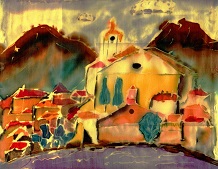 Paintings
Paintings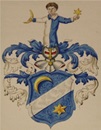 Dirk Rauschenbach
Dirk Rauschenbach
 Safaris
Bergsteigen
Wandern
Inselwandern Weltweit
Safaris
Bergsteigen
Wandern
Inselwandern Weltweit
 Europa
Inselwandern
Europa
Inselwandern
 Städtewandern
Städtewandern
 Paintings
Paintings Dirk Rauschenbach
Dirk Rauschenbach
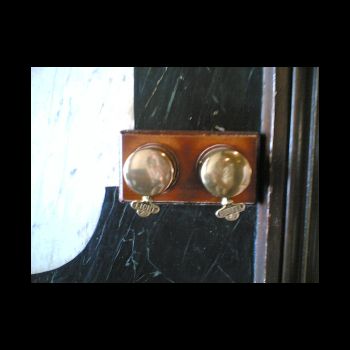
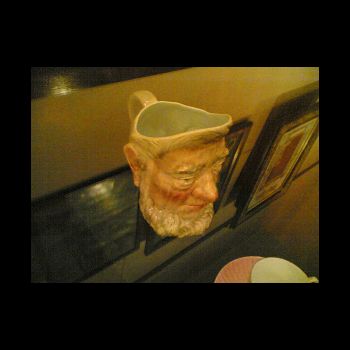
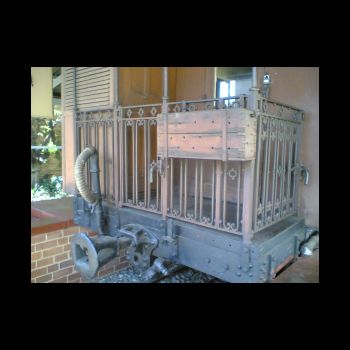
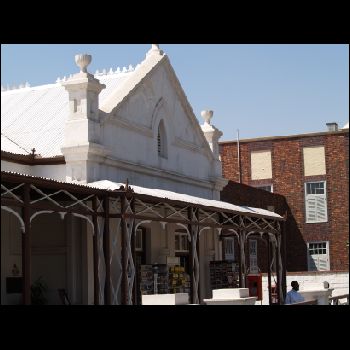
![]() 26.07.25 Copyright Dirk
Rauschenbach Koelnerstrasse 293 51702 Bergneustadt
Datenschutzerklaerung 02261 9788972 Mail ccooly(
at) web.de
26.07.25 Copyright Dirk
Rauschenbach Koelnerstrasse 293 51702 Bergneustadt
Datenschutzerklaerung 02261 9788972 Mail ccooly(
at) web.de